All Stories
-
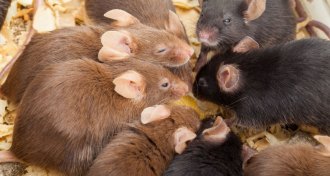 Neuroscience
NeuroscienceMice with a mutation linked to autism affect their littermates’ behavior
Genetically normal littermates of mutated mice behave strangely, suggesting that the social environment plays a big role in behavior.
-
 Materials Science
Materials ScienceDiamond joins the realm of 2-D thin films, study suggests
Scientists squeezed graphene sheets into diamondene.
-
 Space
SpacePotential ingredient for alien life found on Titan
The atmosphere and oceans of Saturn’s moon Titan contain vinyl cyanide, a compound predicted to form cell-like bubbles.
-
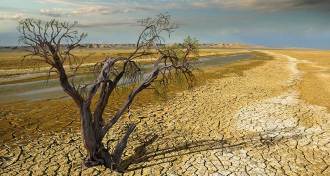 Science & Society
Science & SocietyDoes doom and gloom convince anyone about climate change?
New York magazine spurred conversation with a recent article on climate change. Will its apocalyptic approach have an impact?
-
 Health & Medicine
Health & MedicineNewborn baby’s infection offers a cautionary tale about placenta pills
A newborn came down with a dangerous bacterial infection. The culprit, scientists suspect, was contaminated placenta pills eaten by the mother.
-
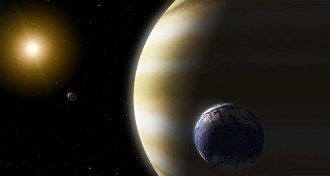 Astronomy
AstronomyAstronomers may have found an exomoon, and Hubble is going to check
A distant object may be the first exomoon detected.
-
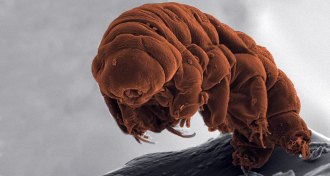 Genetics
GeneticsTardigrades aren’t champion gene swappers after all
Genetic studies reveal more secrets of the bizarre creatures known as tardigrades.
-
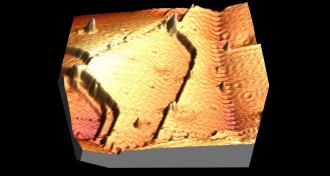 Materials Science
Materials ScienceThe thinnest films of copper look flat, but they aren’t
It turns out that thin films of copper don’t lay flat, a discovery that has implications for computers and handheld electronics.
-
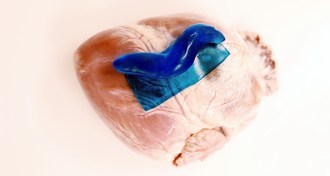 Materials Science
Materials ScienceSlug slime inspires a new type of surgical glue
A new glue that mimics a slug’s mucus secretions sticks well, even when wet. The adhesive could be used in place of sutures or staples in surgeries.
-
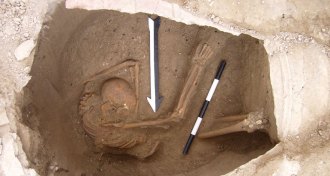 Anthropology
AnthropologyAncient DNA offers clues to the Canaanites’ fate
DNA is painting a more detailed portrait of the ancient Canaanites, who have largely been studied through the secondhand accounts of their contemporaries.
-
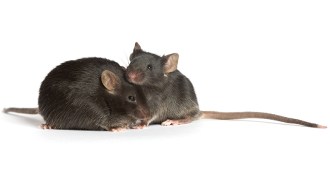 Genetics
Genetics50 years ago, diabetic mice offered hope for understanding human disease
Mice described in 1967 are still helping researchers understand diabetes.
-
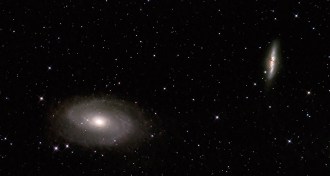 Astronomy
AstronomyHalf of the Milky Way comes from other galaxies
A galaxy may swipe up to half of its atoms from other galaxies, making the Milky Way mostly extragalactic stuff, new simulations suggest.